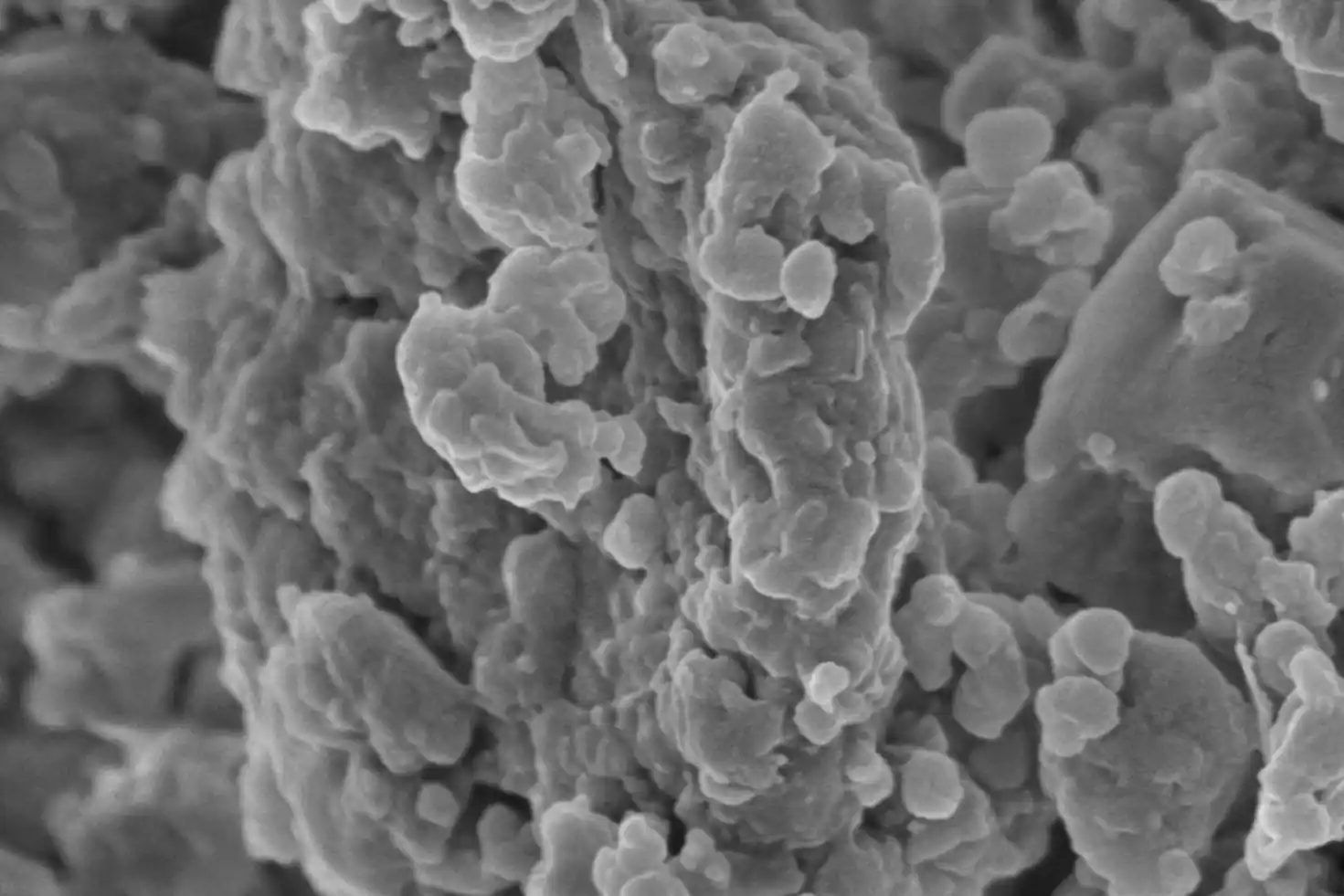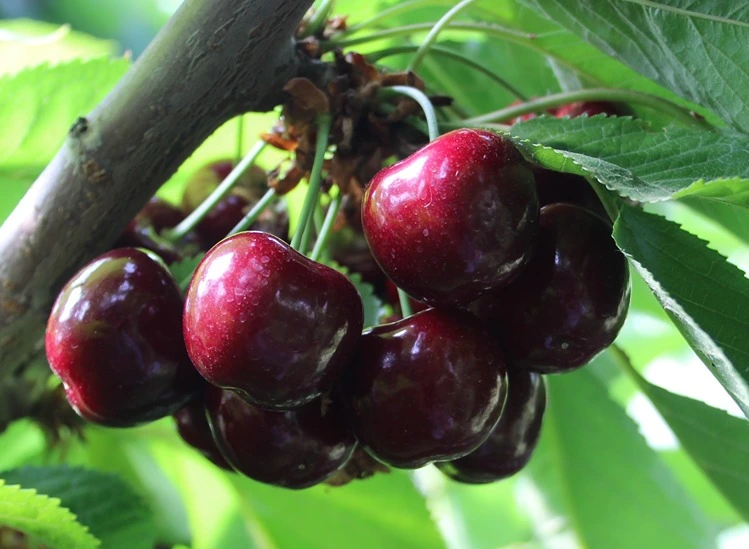Cold shock proteins are a class of cold-inducible proteins that are widely distributed in monocotyledonous and dicotyledonous plants. Cold shock proteins, initially identified in bacteria, are among the most evolutionarily conserved proteins in higher plants and animals.
The genomic DNA sequences of the plant cold-shock protein families typically consist of two to four genes. These proteins are involved in several processes in plants, such as embryo development, seed germination, flowering, and fruit development. In several plant species, such as wheat, Arabidopsis, rice, and pears, cold shock proteins are responsible for growth, development, and response to abiotic stresses.
However, the genome-wide identification and regulatory functions of cold-shock proteins in cherry are not yet fully understood and it is essential to improve the salinity and low temperature tolerance in cherry. To identify and characterise cold shock proteins in cherry genomes, three methodologies were applied.
The potential functions and evolutionary relationships of sweet cherry heat shock proteins were studied by constructing a phylogenetic tree that included genes from five species. Examination of gene expression patterns in response to salt and low temperature stress has been conducted to study responses to abiotic stresses.
In this research conducted by Ludong University and the Yantai Academy of Agricultural Sciences (China), three genes that regulate cold shock protein synthesis and named PavCSP were identified and comprehensively analysed. Quantitative PCR analysis revealed a variety of expression patterns, with PavCSP1-3 showing specific activity in the upper part of the stem. Furthermore, all genes were found to be responsive to salt stress and low temperatures.
Further laboratory research on transgenic yeasts containing PavCSP1, PavCSP3, or an empty vector showed that the microorganisms grew uniformly under standard culture conditions, but those that overexpressed PavCSP1 or PavCSP3 showed higher growth than control yeasts when exposed to 500 mM NaCl or low temperatures (4 °C and 0 °C) in a 10,000-fold diluted culture dish.
These results indicate that PavCSP1 and PavCSP3 improved the tolerance of transgenic yeast to salt stress and low temperature conditions. This research identified and conducted a comprehensive analysis of three cold shock protein-related genes in the sweet cherry genome, all members of a single subfamily.
Expression pattern analysis demonstrated consistent expression patterns among all PavCSP genes, with responses to cold and salt stress observed through both up-regulation and down-regulation. Furthermore, the transgenic yeast showed improved tolerance to low temperature and salt stress as a result of heterologous expression of PavCSP1 and PavCSP3. These findings provide valuable insights into the biological functions of cold shock protein synthesis-related genes in sweet cherries.
Source: Guo, P., Liu, A., Qi, Y. et al. Genome-wide identification of cold shock proteins (CSPs) in sweet cherry (Prunus avium L.) and exploring the differential responses of PavCSP1 and PavCSP3 to low temperature and salt stress. Genes Genom 46, 1023–1036 (2024). https://doi.org/10.1007/s13258-024-01542-6.
Image: RSI
Melissa Venturi
University of Bologna (IT)
Cherry Times - All rights reserved










